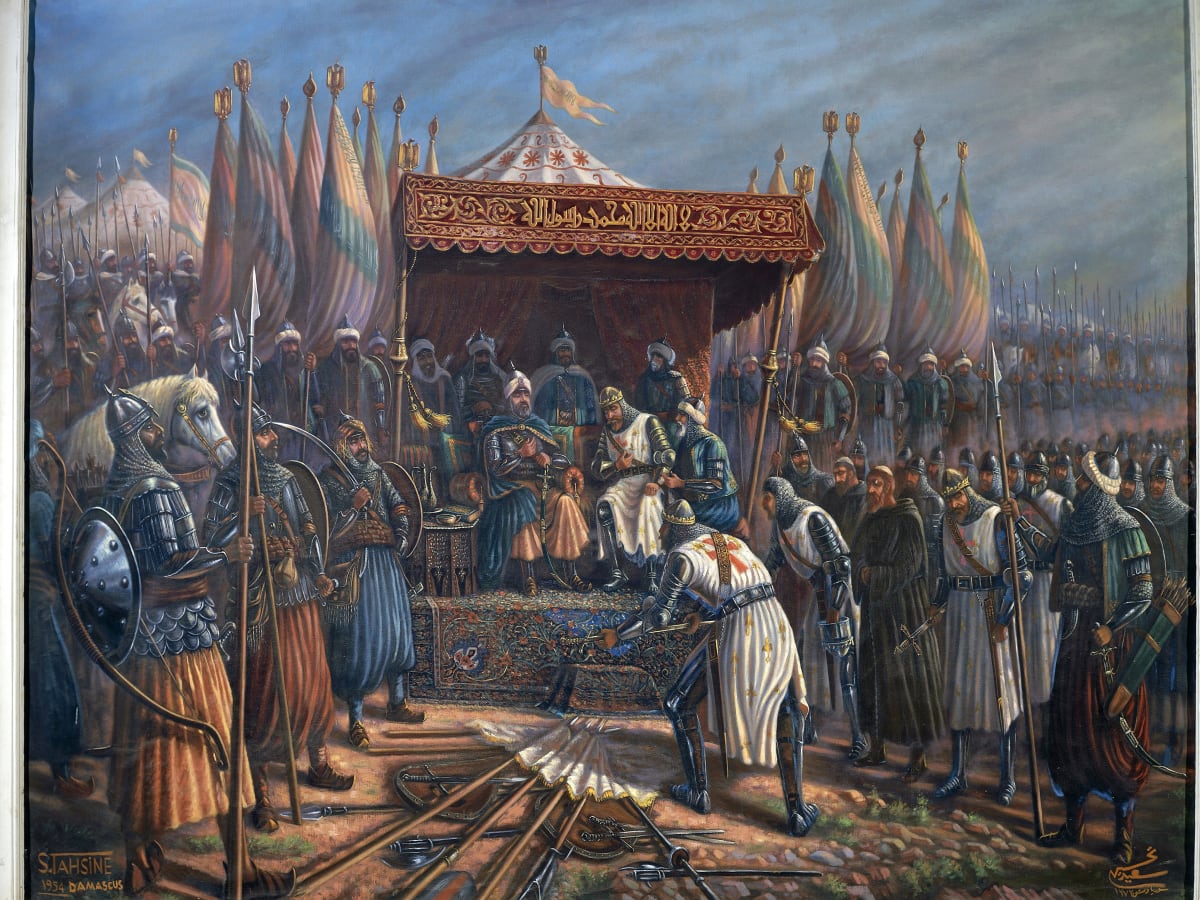The term crusade is used to sanctify a wide variety of single-minded efforts to bring about change. At times the term refers to attempts, as with the Crusades described here, to take back lost lands and reabsorb them into some dominant culture, or to impose the will of one group upon another. While the original intent may have been religious, often the result is far more secular.
In the nineteenth century a crusade would be any organized effort to achieve a defined goal, usually social and political, as with respect to prohibition, suffrage, or the elimination of a disease, for example, Crusaders are invariable seen as heroic by the society employing the term, though those against whom crusaders move may think of them as conquerors, as irrational, or as hypocritical. Like the term frontier, which often is invoked by politicians to suggest a range of new opportunities, crusade refers as much to the fervor with which it is conducted as to the goals or results.
Thus historians still debate the actual accomplishments of the Crusades. They undoubtedly instilled some national pride at points of origin and they may well have encouraged a new commitment to religious principles, but both these aspects of the Crusades are controversial and open to challenge.
Historians used to maintain that the Crusades helped to open the Mediterranean up to East-West trade once again, thus providing Europe with a critical input of intellectual and economic stimulus. In more recent years historians have concluded that East-West trade had merely declined and never disappeared, and that isolation between the East and the West had been exaggerated. The Italian cities had always enjoyed some trade, though the Crusades certainly caused significant growth.
The Crusades also contributed importantly to Christian thought, as Muslim science, medicine, and philosophy (and to a lesser extent, literature) became more widely known in the West. However, the crusades also created deep animosities between the Muslim and Christian worlds, and at the level of the soldier who participated in the Crusades, or those who fought back against those soldiers, and certainly at the level of the illiterate, the Crusades most likely contributed more to mental barriers arising from militant hatreds than they contributed to shared thoughts.
Eastern ideas were already known to the intelligentsia of the west, and while the Crusades no doubt made these ideas more widely known, it does not follow that those ideas were better understood or appreciated. The violence used to achieve religious ends, which were to some extent also ideological, may well have offset any gain in understanding between East and West.
Thus the themes of the Crusades resonate even today, and historians continue to rethink the purposes and accomplishments of the crusaders. The word carries altered meanings. As one looks closer at the Crusades, they become ever more complex and yet ever more meaningful to present concerns.

